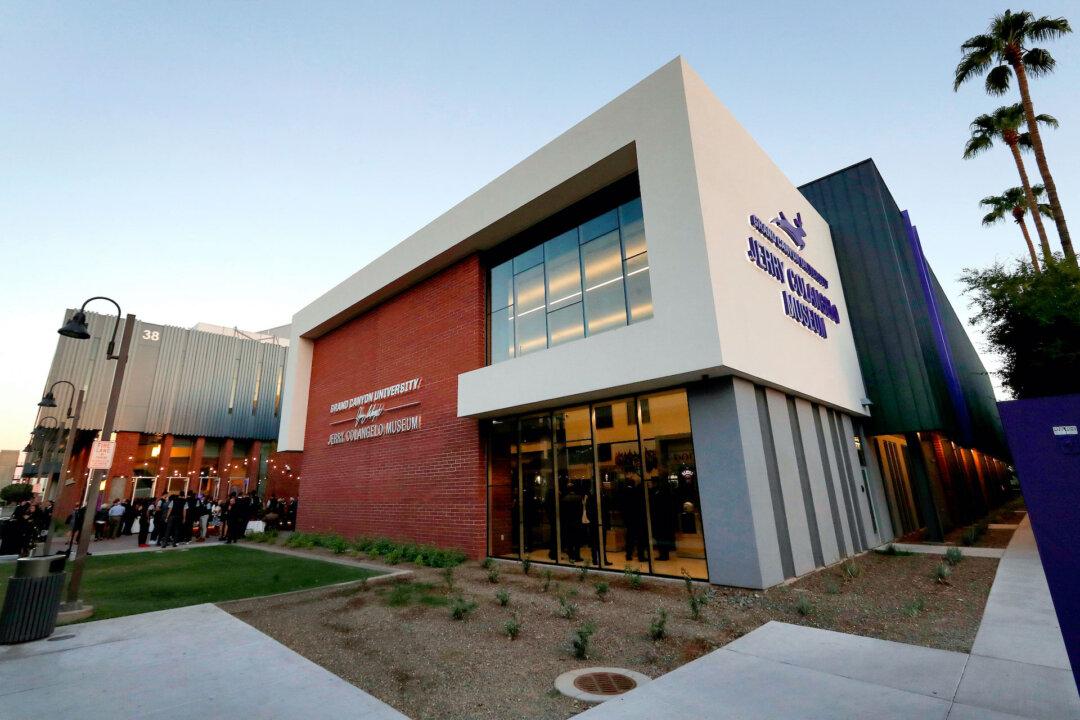A federal appeals court has ruled that the U.S. Education Department wrongly denied nonprofit status to Grand Canyon University (GCU), one of the nation’s largest Christian institutions of higher learning.
In a unanimous decision, a three-judge panel of the U.S. Court of Appeals for the Ninth Circuit on Nov. 8 found that the Education Department had used the wrong legal standard when it denied GCU’s nonprofit status in 2019, shortly after the Phoenix-based university restructured to return to its nonprofit roots.





